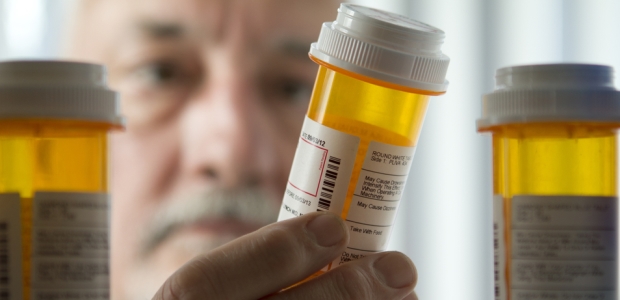
FDA and EU Agency Launch Medicine Safety Cluster
The two agencies are holding monthly teleconferences about pharmacovigilance issues, and Health Canada and the Japanese Pharmaceuticals and Medical Devices Agency are participating as observers.
The U.S. Food and Drug Administration announced Feb. 19 that is has expanded its collaboration with the European Medicines Agency by setting up a cluster on medicine safety (pharmacovigilance) topics, including biosimilars -- biological products that are highly similar to already approved biological products; the Affordable Care Act established an abbreviated approval pathway for them -- along with medicines to treat cancer, orphan medicines, medicines for children, and blood-based products. The two agencies are holding monthly teleconferences about these and other issues.
Clusters are regular meetings between EMA, which is a European Union agency based in London, and regulators outside the European Union. They focus on specific topic areas that have been identified as requiring an intensified exchange of information and collaboration, according to FDA's announcement. "Building on the experience of previous regular videoconferences between the FDA and the EMA in this area and on the recent creation of the EMA's Pharmacovigilance Risk Assessment Committee, this cluster will provide a forum for a more systematic and focused exchange of information on the safety of medicines," it states.
Health Canada and the Japanese Pharmaceuticals and Medical Devices Agency are participating in the pharmacovigilance cluster as observers. "The work of protecting the health and safety of the American people cannot be done in isolation," said Dr. Janet Woodcock, director of FDA's Center for Drug Evaluation and Research. "It is part of a larger collaborative global effort between the FDA and its international regulatory partners to ensure the health and safety of all our citizens."
The new cluster will assist regulators in harmonizing their efforts to keep medicines safe, according to FDA, which noted that the information exchange "is covered by confidentiality arrangements between the FDA and the other participants."